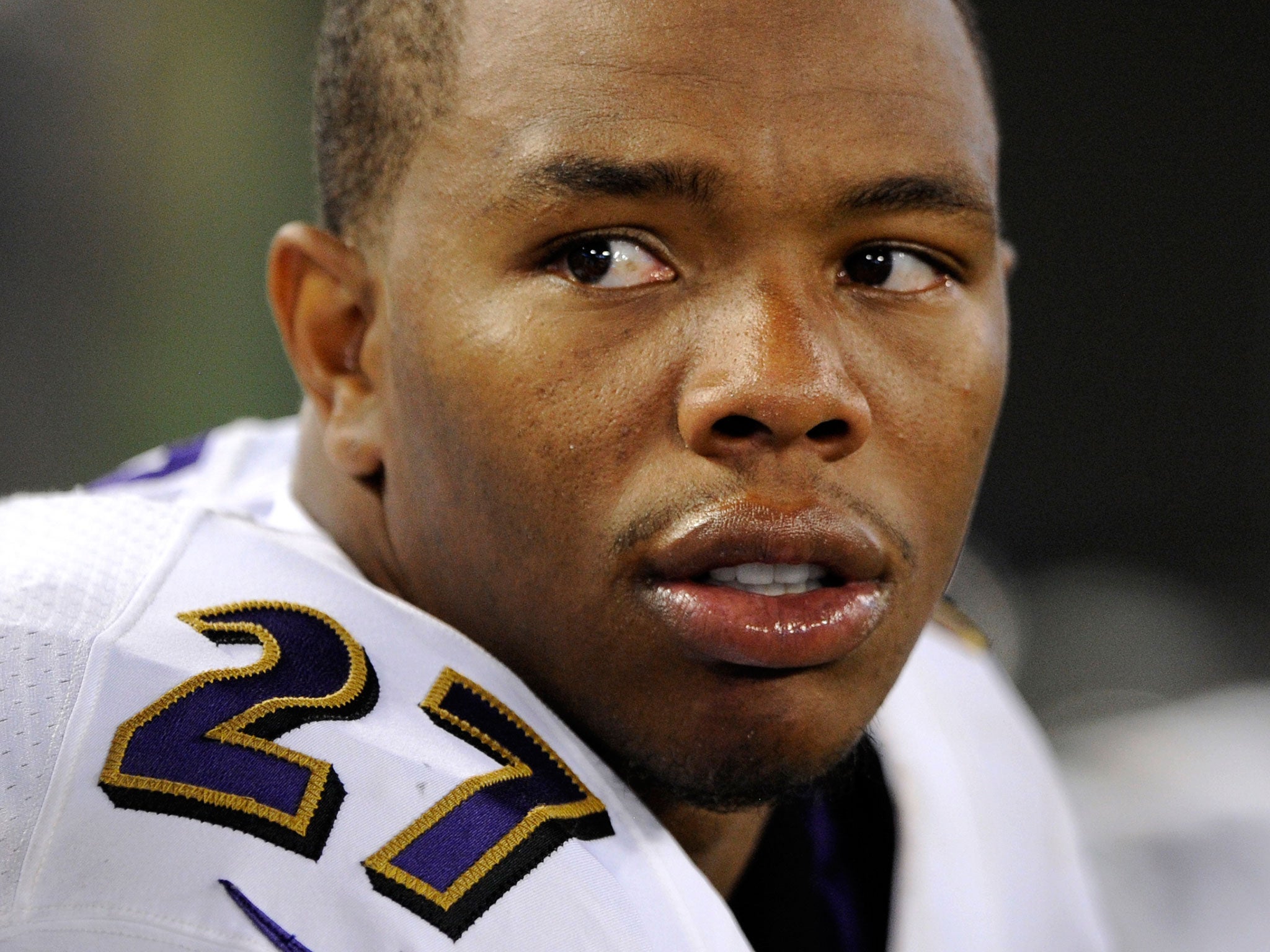Not all domestic violence is caught on camera
Our understanding of this crime needs to extend past the physical and into the emotional

Your support helps us to tell the story
From reproductive rights to climate change to Big Tech, The Independent is on the ground when the story is developing. Whether it's investigating the financials of Elon Musk's pro-Trump PAC or producing our latest documentary, 'The A Word', which shines a light on the American women fighting for reproductive rights, we know how important it is to parse out the facts from the messaging.
At such a critical moment in US history, we need reporters on the ground. Your donation allows us to keep sending journalists to speak to both sides of the story.
The Independent is trusted by Americans across the entire political spectrum. And unlike many other quality news outlets, we choose not to lock Americans out of our reporting and analysis with paywalls. We believe quality journalism should be available to everyone, paid for by those who can afford it.
Your support makes all the difference.The NFL suspended Baltimore Ravens running-back Ray Rice after his violence was caught on camera. If it hadn’t been, and if that hideous footage of him beating his now-wife unconscious hadn’t then been leaked to a horrified public, who knows if he would have even faced a two-match ban.
It raises so many questions: what if the attack happened inside Rice’s home, instead of in a public lift? What if there had been no witnesses? What if there was no video evidence for the NFL to watch ? What if he had not hit her, just insulted, controlled and psychologically traumatised her? What if he had intimidated her into silence? If she spoke out, would anyone have believed her?
The millions of women who experience domestic violence worldwide don’t have access to camera footage of the brutal attacks perpetrated against them, least of all the psychological ones. Perpetrators carry out their violence in complete privacy: a calculated tactic that terrorizes the households they live in. Usually, the only witnesses to domestic abuse are children.
More and more visual evidence of high-profile physical domestic abuse is appearing: take the examples of Christy Mack and Rihanna. However, CCTV footage of attacks or photos of bruising only shows us the tip of the iceberg when it comes to domestic abuse. Unfortunately, there is no way for the public to gawp at or scorn the emotional violence that forms the bedrock of this crime.
Public understanding of domestic violence needs to extend past the physical and into the emotional. Maybe it’s not as exciting; maybe it doesn’t bring the same sensation of shock that a bloodied, beautiful face can bring. But if we start listening to survivors and getting to grips with how psychological abuse works, people will stop asking “Why doesn’t she just leave?” and start asking “Why is the government decimating life-saving support services for victims?”
Anyone who has survived domestic abuse will tell you about the psychological manipulation and mind games that perpetrators initiate: the control, intimidation and threats that place victims in a state of terror and anxiety, coupled with the apologies, declarations of love and tearful promises that they will change. The case that Shantel Jackson is bringing against Floyd Mayweather details such behaviours; Jackson 'had to make herself available to him virtually at all times'.
Perpetrators of domestic abuse are manipulative. They have the power to charm, convince and gain trust from people – from friends to employers – whilst simultaneously striking fear into their victims. They might spend the same amount of time grooming everyone around them to think they’re such a nice guy as they do calling their partner ugly, stupid, useless and helpless.
The full scale of domestic abuse - whether in high profile relationships or your neighbours down the street - is too nuanced to capture in short video clip, but it deserves our time and understanding. Domestic violence survivors are doubly victimised when people disbelieve or misunderstand the severity and complexity of what they have been through.
Join our commenting forum
Join thought-provoking conversations, follow other Independent readers and see their replies
Comments